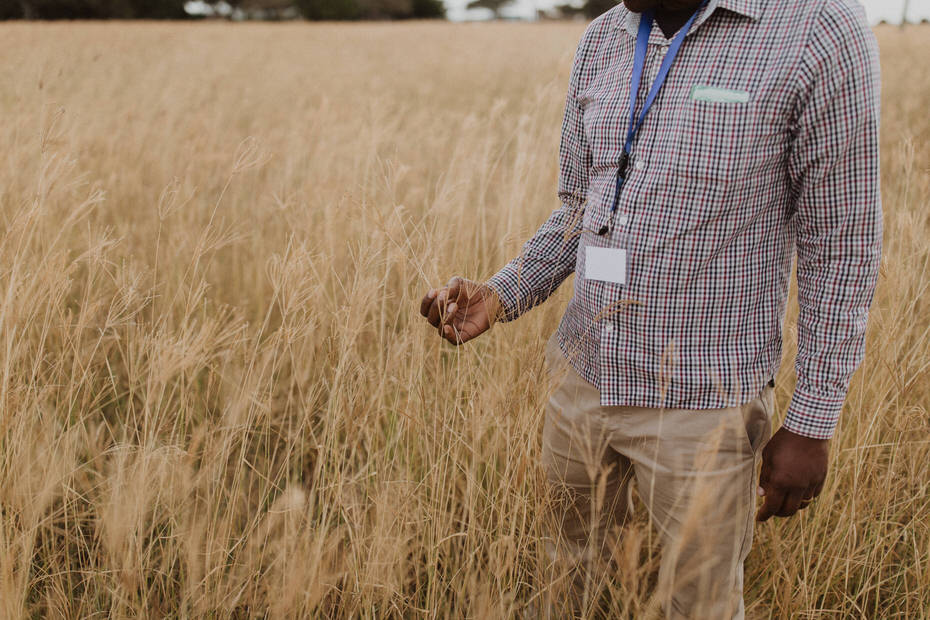
A Fulfilling Job—Filling Tummies, Minds, and Hearts.
Ambrose spends his days surrounded by young kids buzzing with explosive energy and unmeasurable joy. The excitement is contagious among all of the kids as they flood into the school building, ready for the day ahead. These kids are in primary school at Christian Eminent Academy in Narok, Kenya. The school was started by our partner, Nasha Ministries, in 2010. And now, Ambrose is employed as the administrator in the school.
While these kids come streaming into the school with big smiles and eager eyes, many of them are also stepping into the building with empty, hungry tummies. This has been a persistent problem for the students in the primary school ever since it opened. Most of the time, kids in Narok drop out of school right after or before finishing primary school because families in this area simply cannot afford to send their kids to school because of the school fees. The average income levels for families in Narok are very low. Someone might make $1-2 per day, and they often can only work two or three times each week because the jobs are often things like farming, washing clothes, driving a motorbike, or some sort of masonry or construction work. These jobs are inconsistent and may not always be available for people trying to work. Even with both parents working as much as they can, the income is way too low to fully support a family. So with this level of income, families have to choose if they are going to pay school fees or if they are going to feed the family. Christian Eminent Academy recognized this issue and wanted kids to be able to come to school AND get at least one meal each day, so they started a feeding program.

However, the school was struggling financially with this initiative. They weren’t getting enough fees paid by the students, and the cost of feeding every student each day wasn’t sustainable for the school. Food costs were rising, and along with all of this, there were still other financial needs that had to be met for the school, like teacher salaries.
To keep educating, transforming hearts, and empowering the poor and vulnerable students at Christian Eminent Academy was a huge goal that wasn’t going to be compromised.
A plan was created to supply nutritious food to the students through the means of small-scale agriculture right by the school. The farms grow corn, peas, beans, tomatoes, onions, cabbage, kale, spinach, and grass. The goal of the farm is to grow food for the students to eat, while also making enough money to sustain the farm itself and keep it going. On top of just sustaining itself, the farm is designed to generate income for the school, which can be used for other needs to keep the school functioning, taking a huge load off of Ambrose as he manages the school. A lot of the crop is harvested and sold—an investment in the future to keep this project going for years to come.
Ambrose has been able to see this project in its beginnings and he has been able to see its gradual progress in working toward achieving its goal. And in turn, Ambrose is able to see the kids at school be filled—physically with food, practically with knowledge in classes, emotionally with happiness, and spiritually with faith. While all of this is happening in the lives of the kids, the farm is producing crops to be sold so that the school can keep functioning and impact even more students.
Ambrose also gets filled by seeing the kids getting their needs met. With the assurance of at least one meal each day, the kids are healthier and happier, and they can focus more attention on schoolwork than before. Then, if they continue in their schooling, Ambrose gets the joy of knowing the kids will have more opportunities later in life because of their education. He takes so much joy in seeing these kids succeed.
He doesn’t just stop at watching the kids now but does all he can to make sure they continue to get the support they need to be successful in the future too.
His heart extends to each student as he greets them as they walk into the building, and he smiles, knowing his role as school administrator provides a safe space for them to come to school and be excited to eat, excited to learn each day, and launching them into a future of hope.

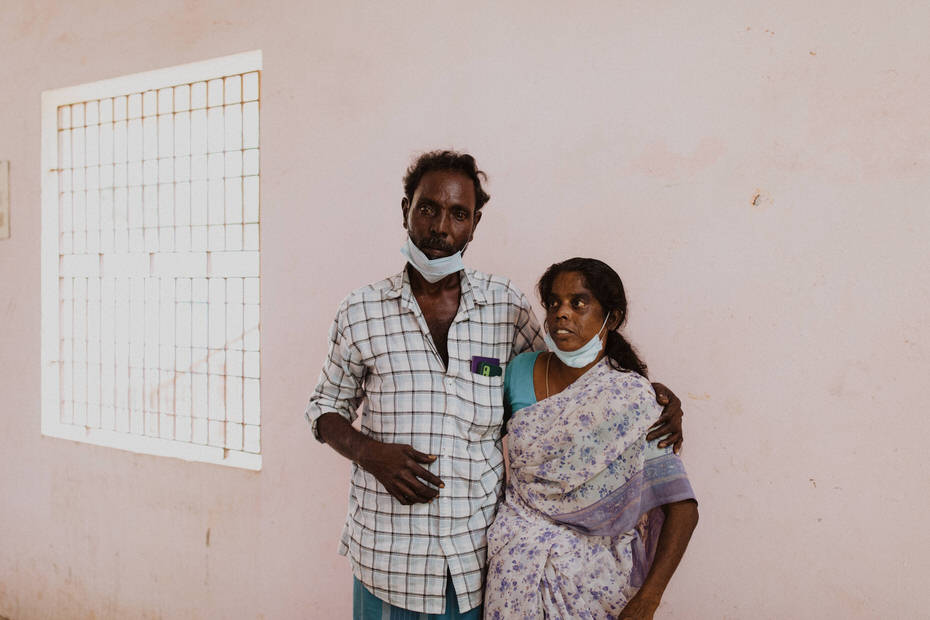
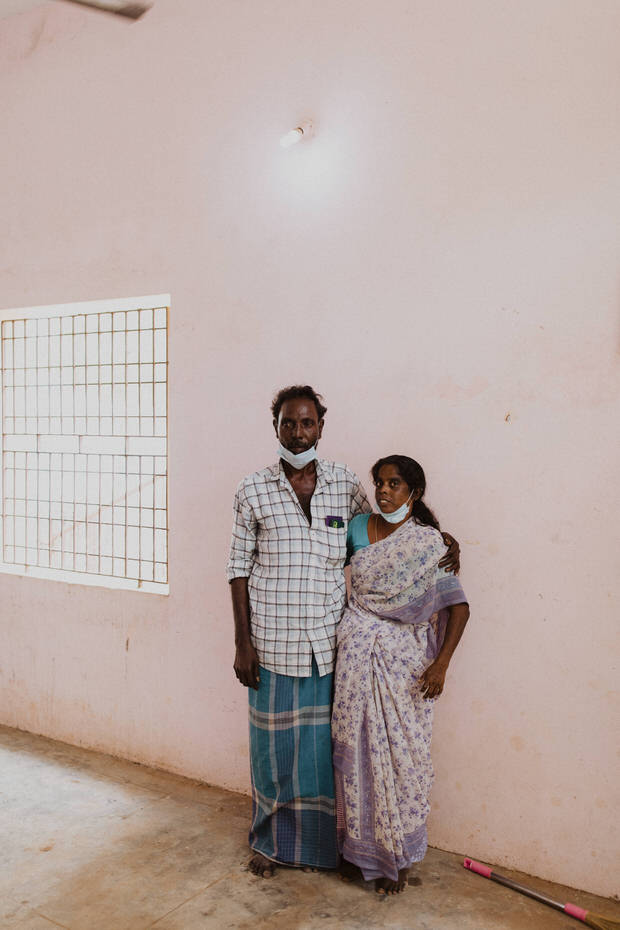
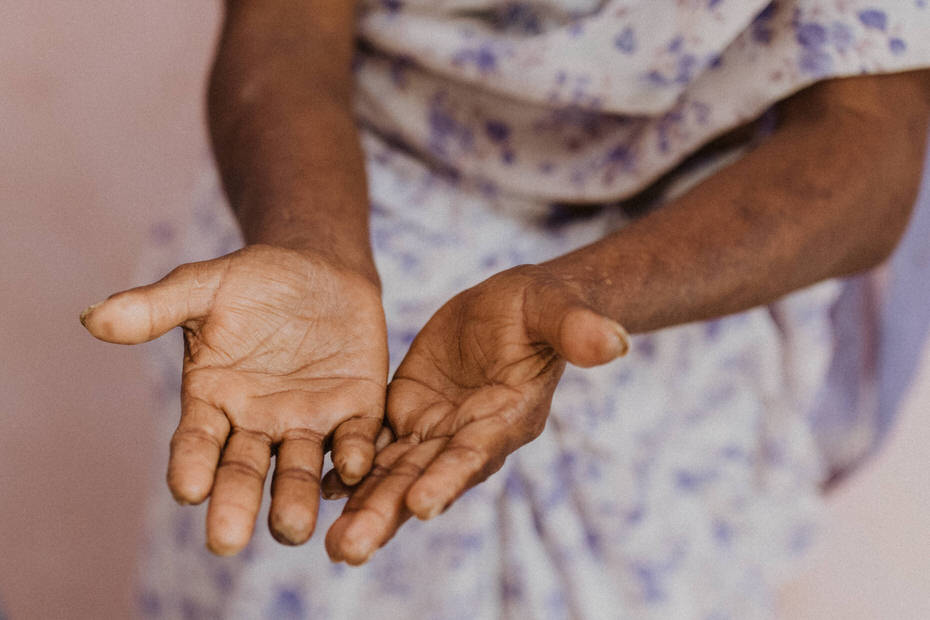
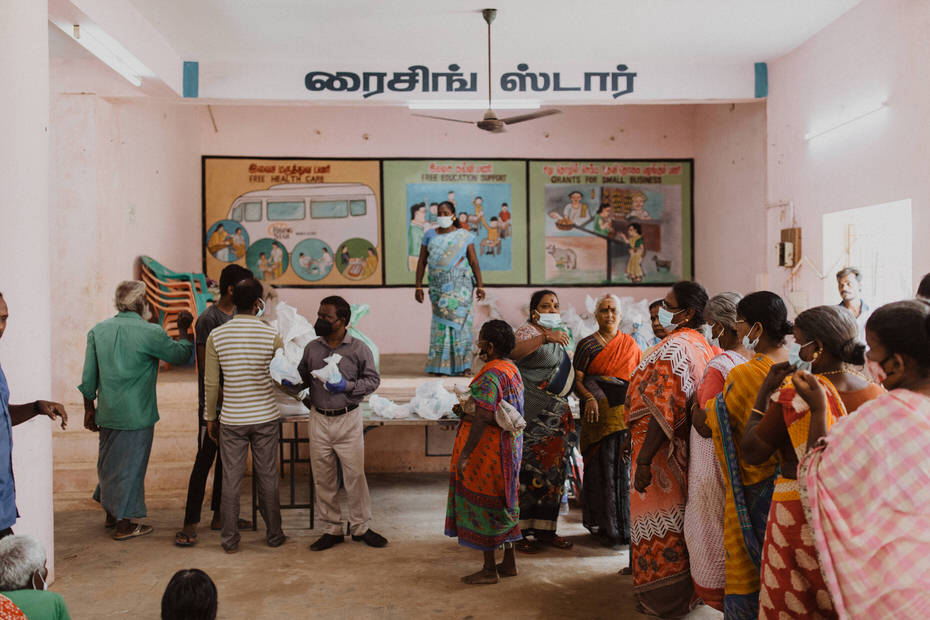
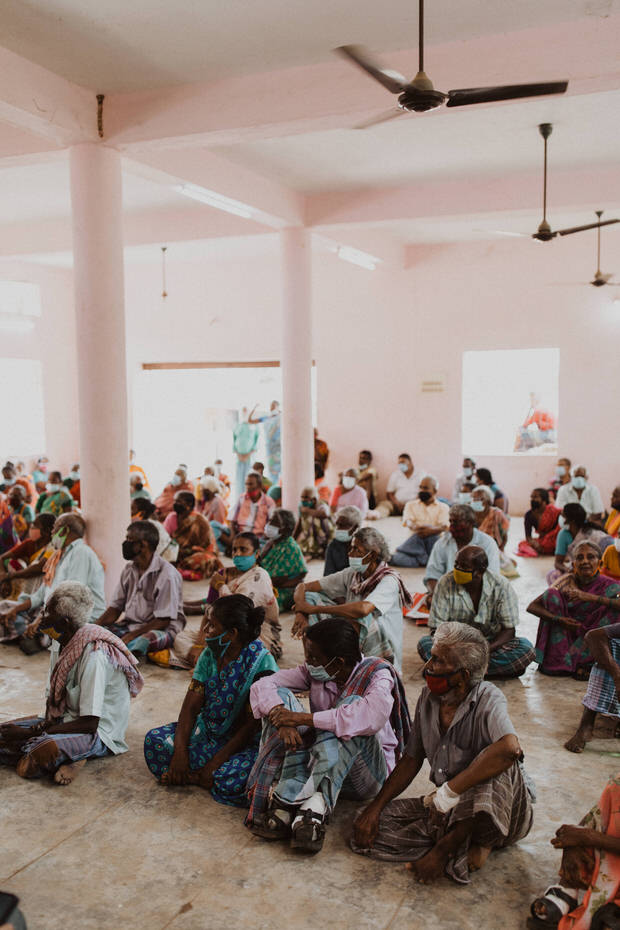
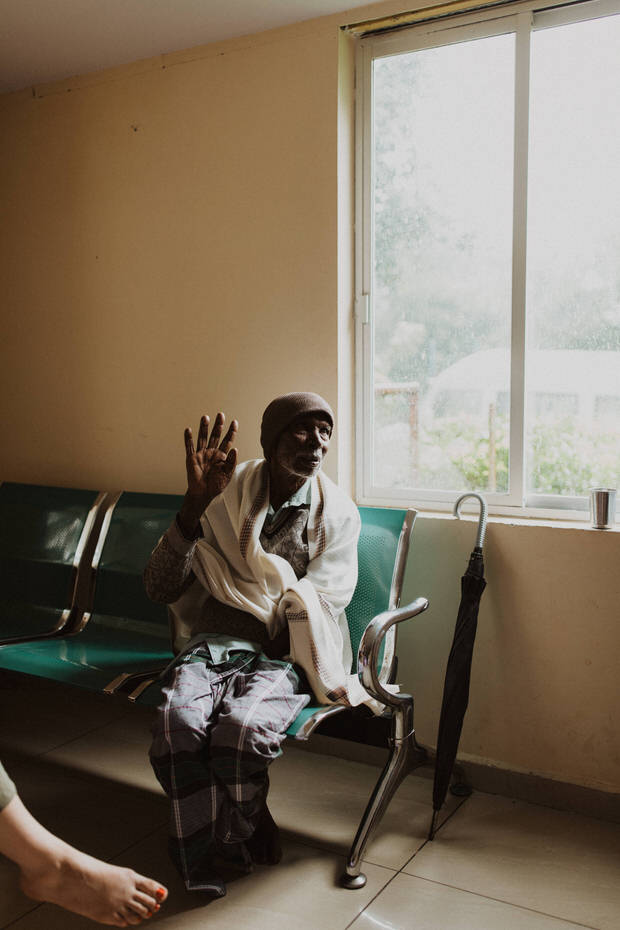
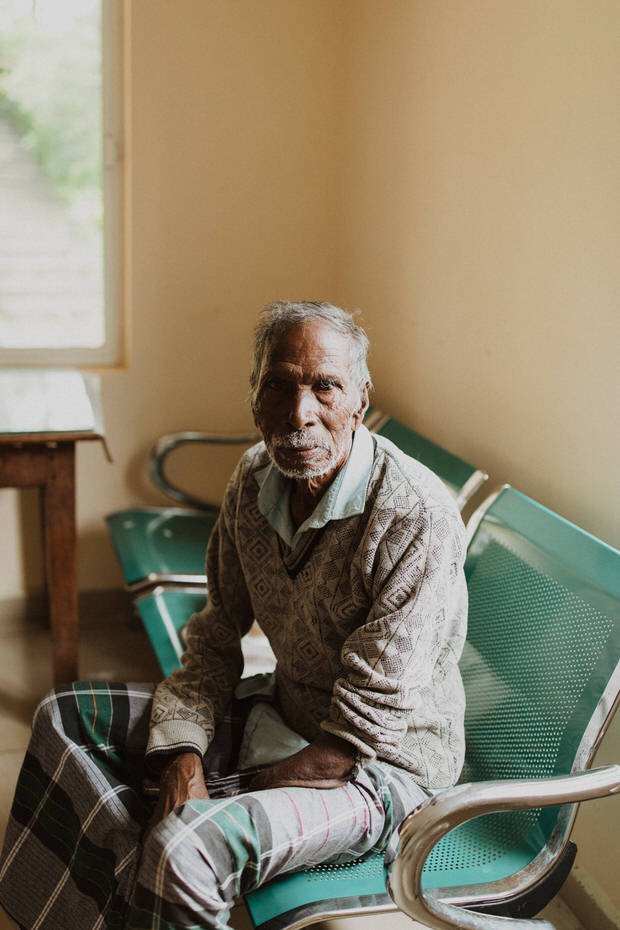
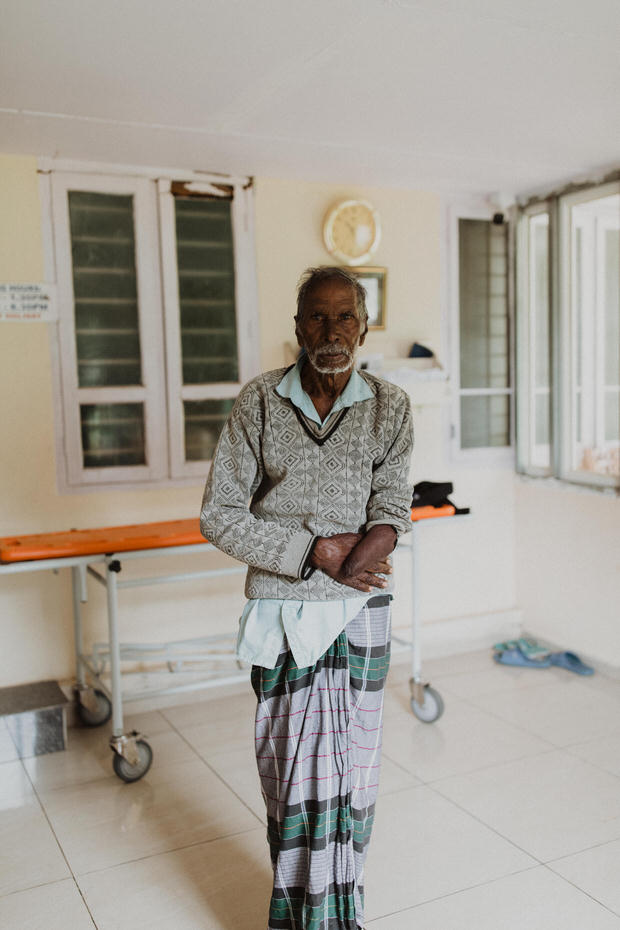
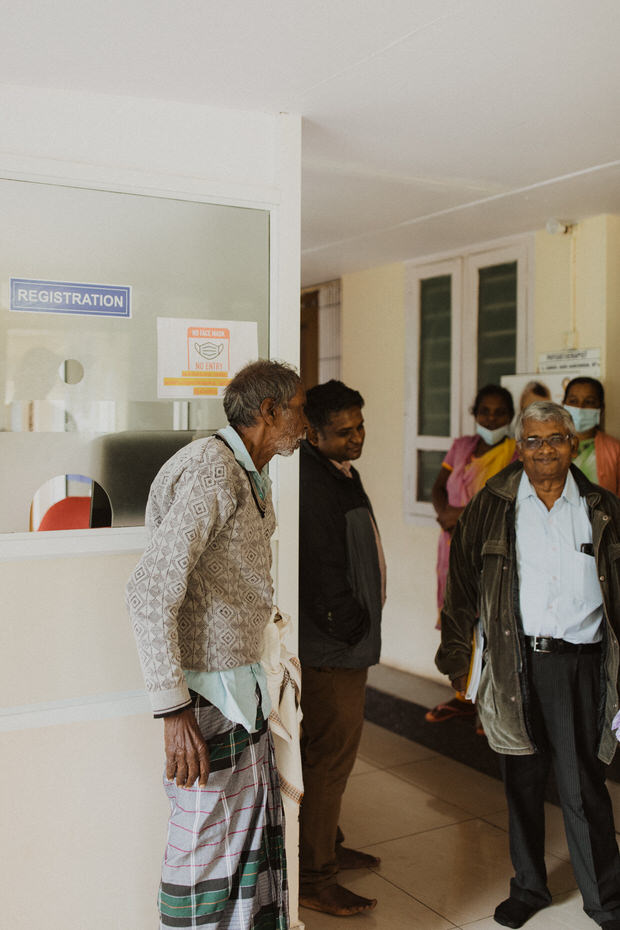
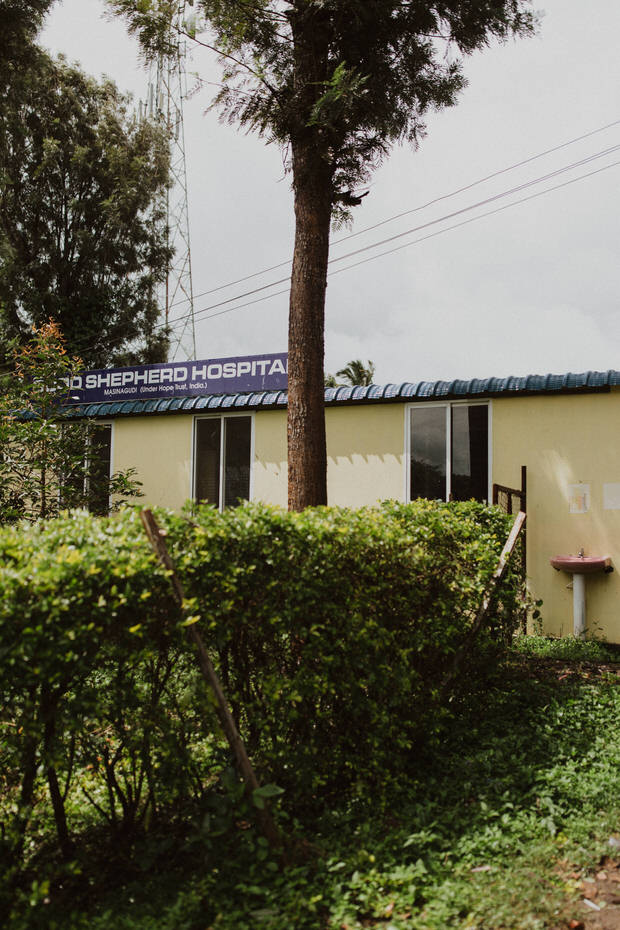
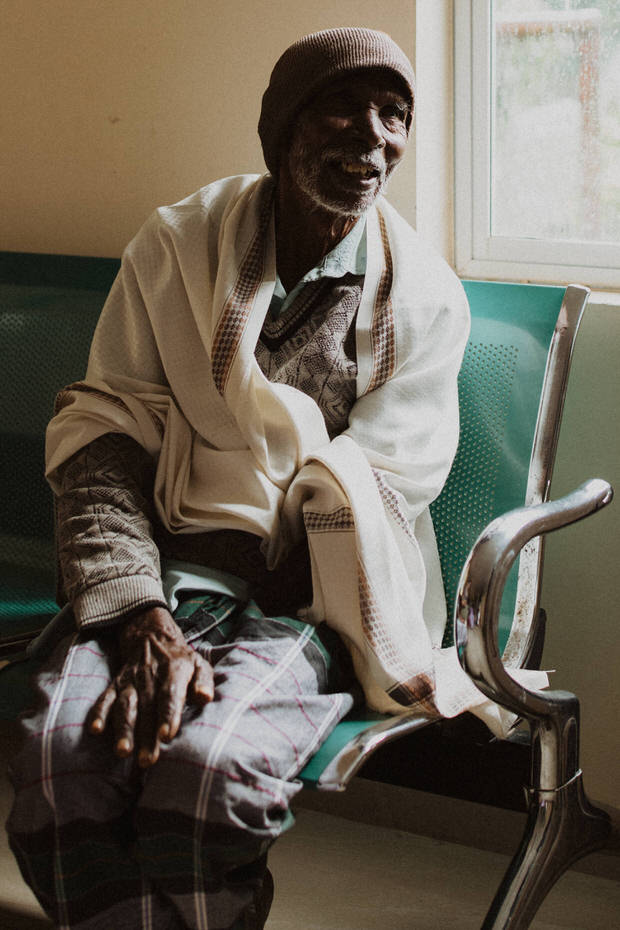
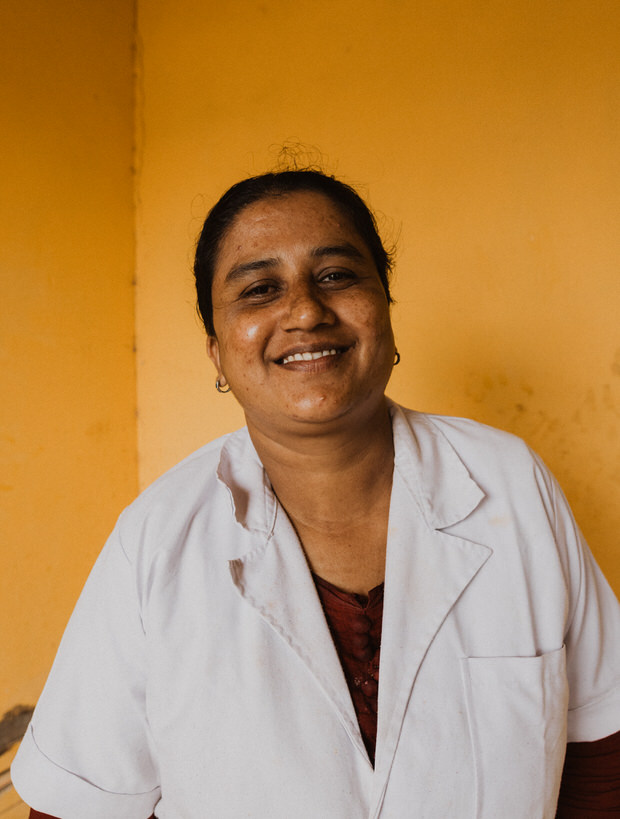
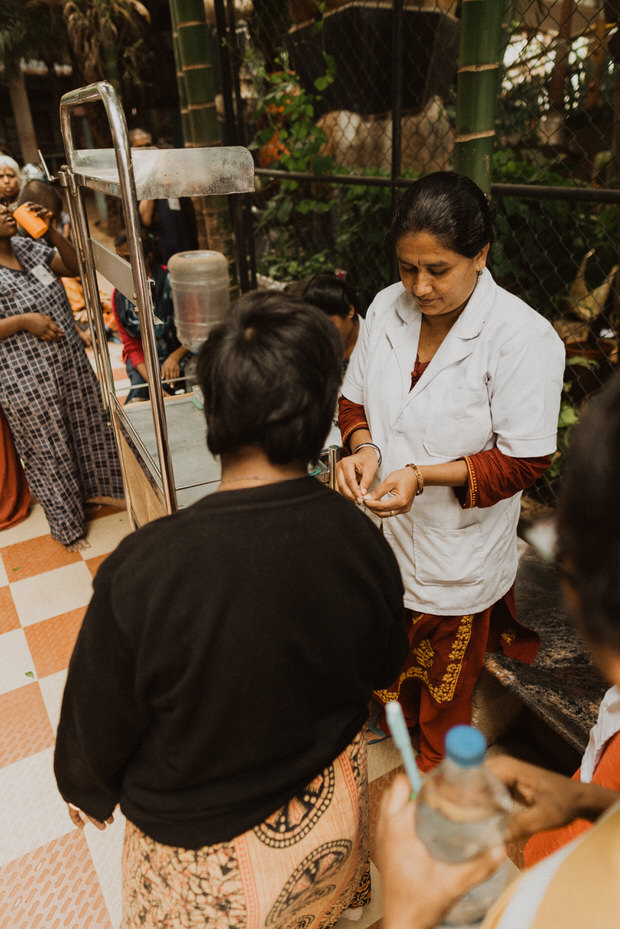
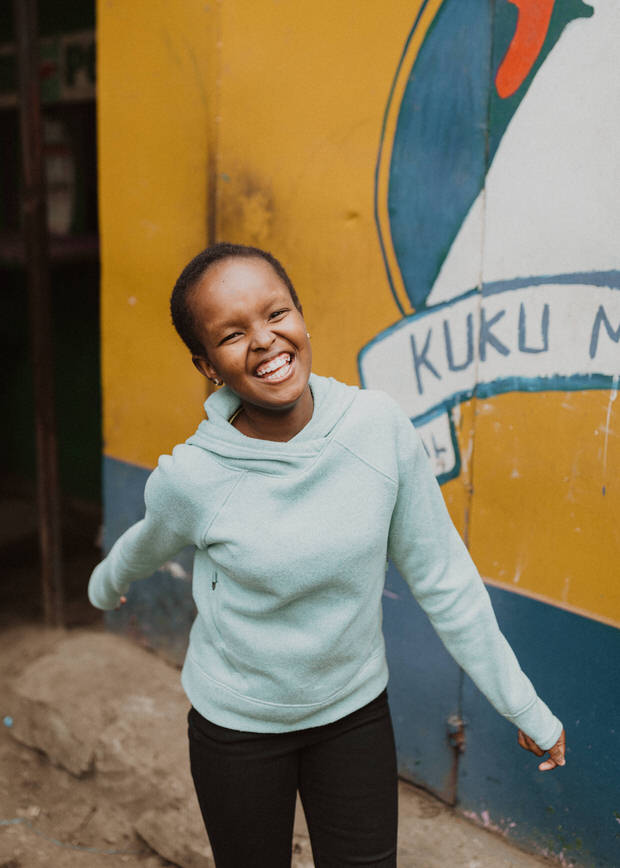
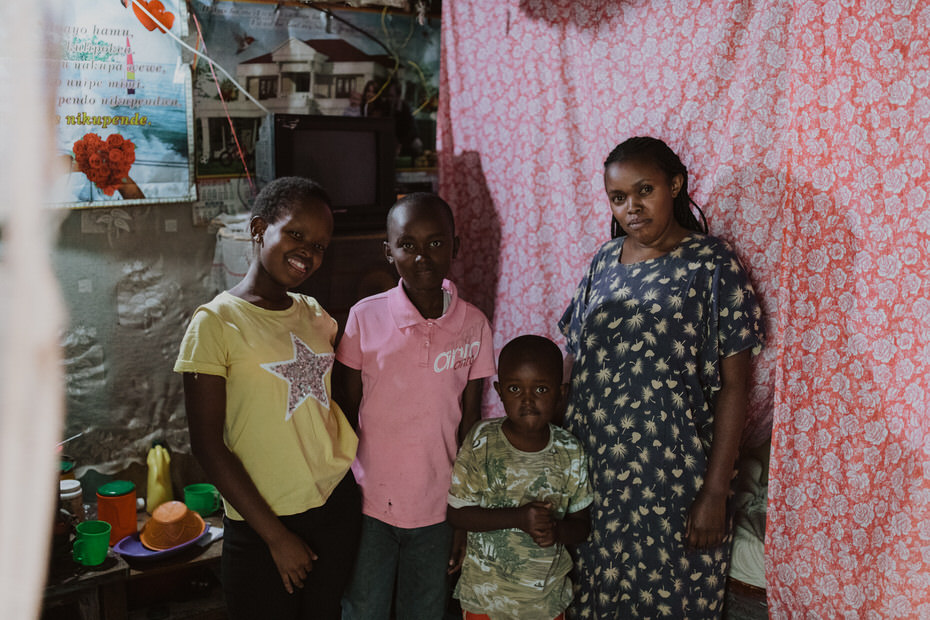
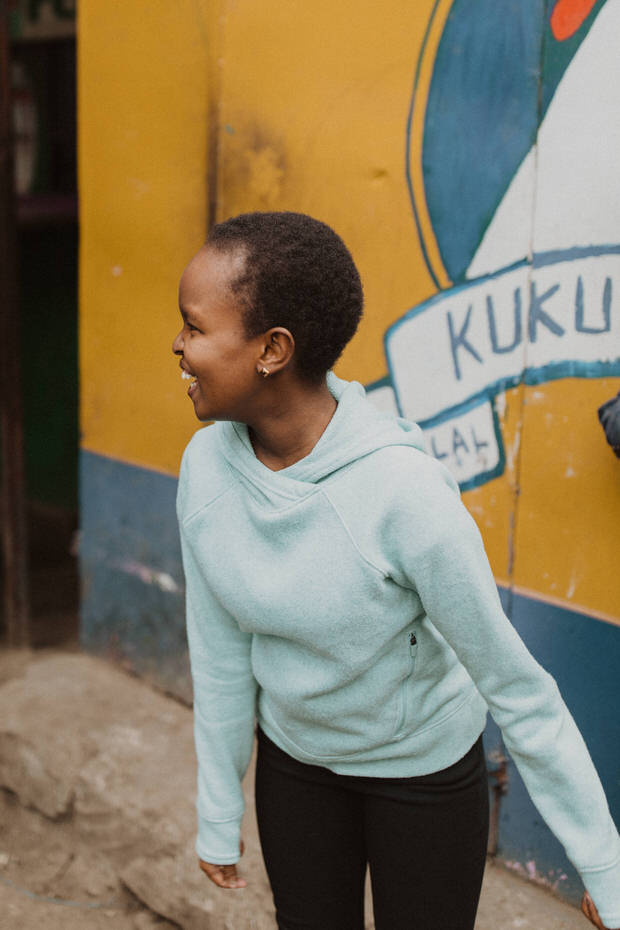
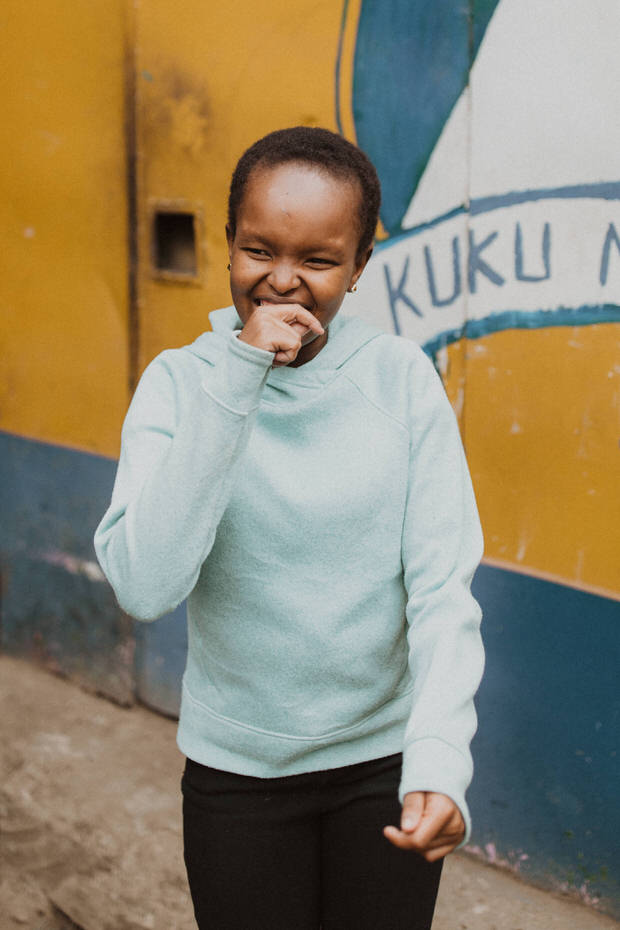
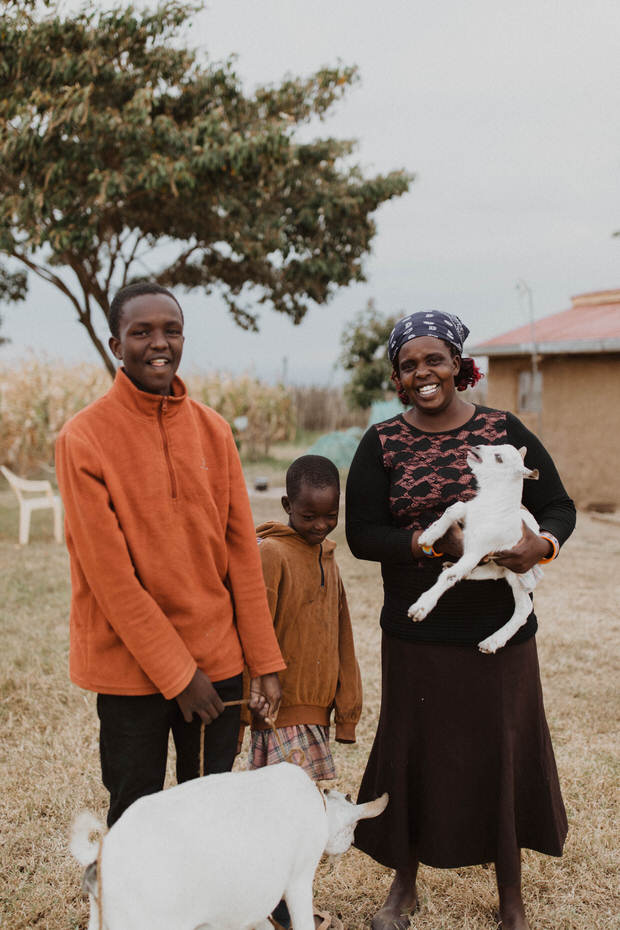
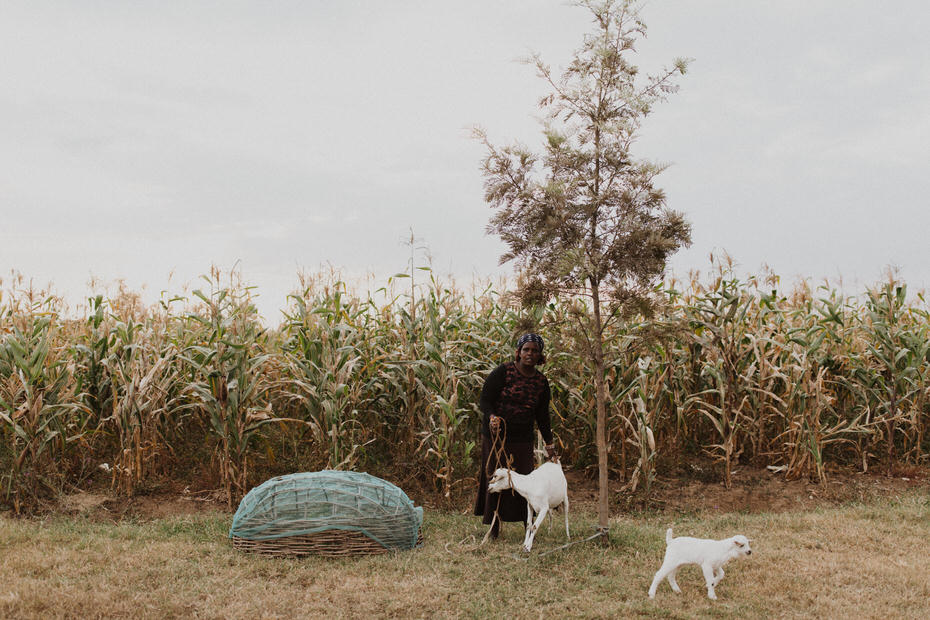
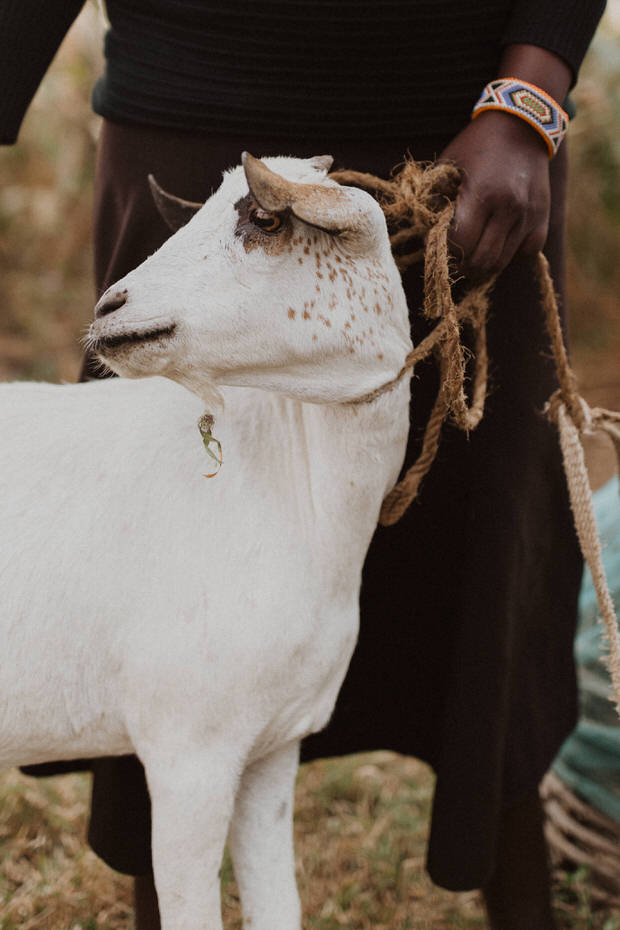
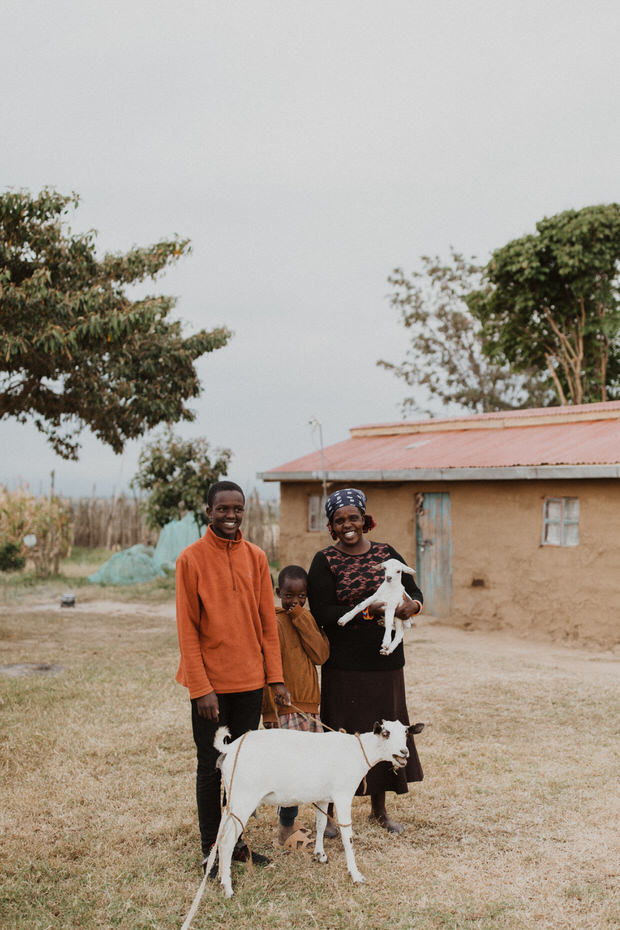
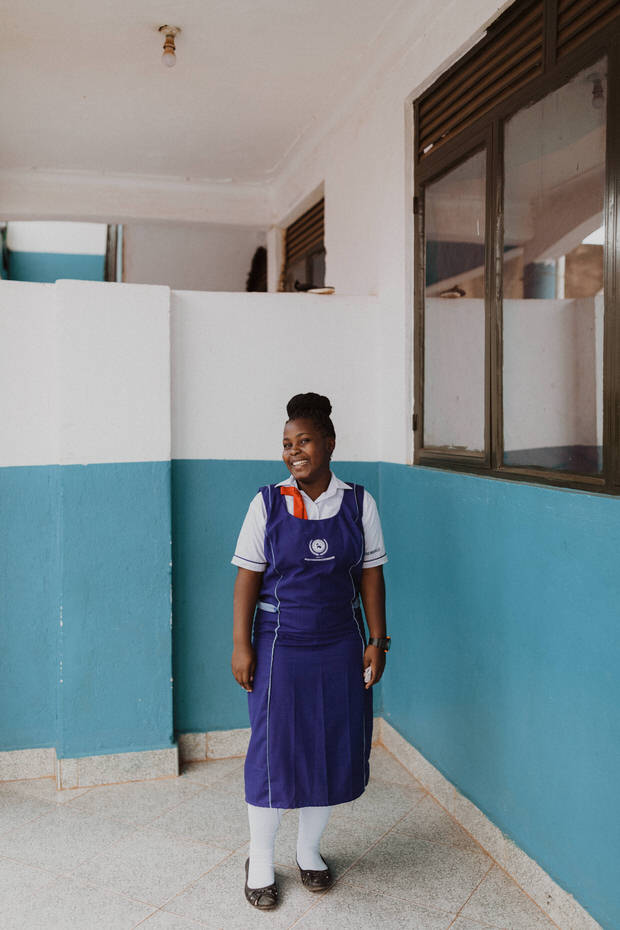
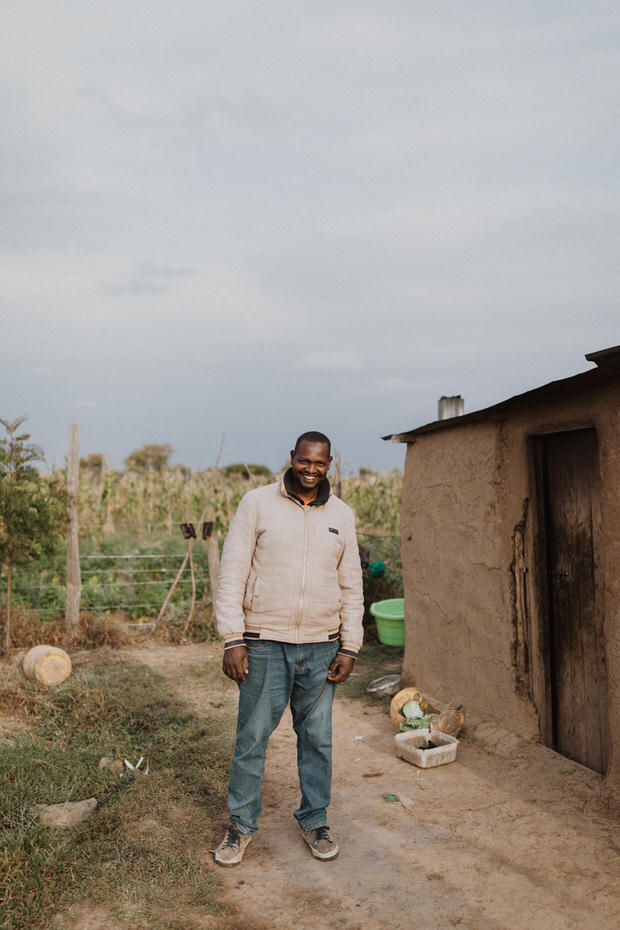
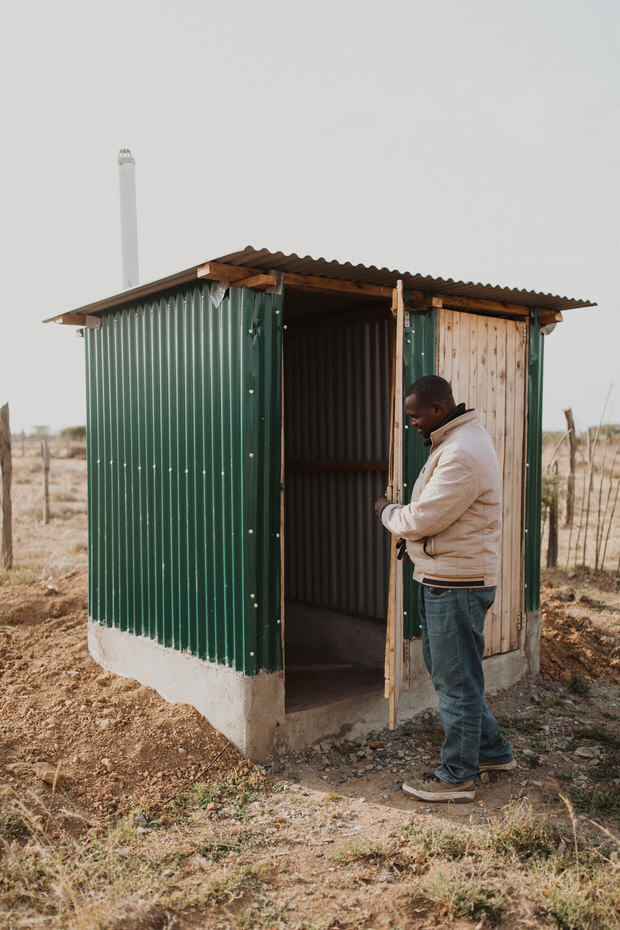
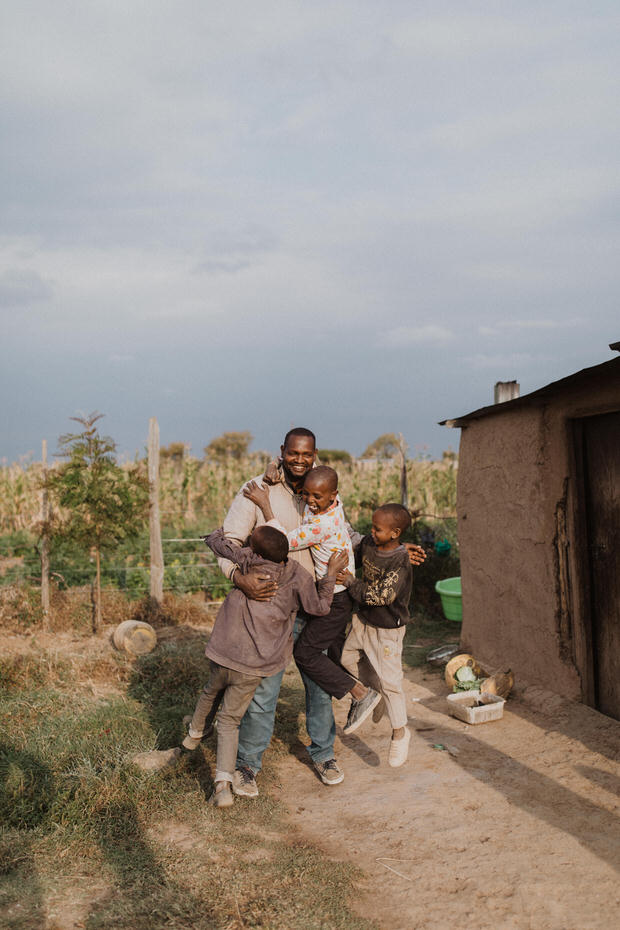
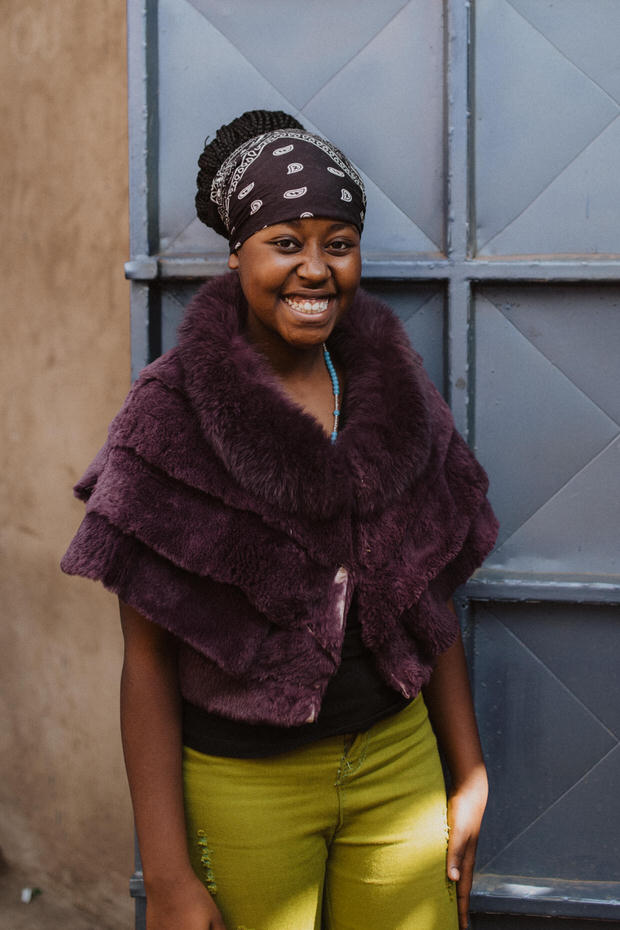
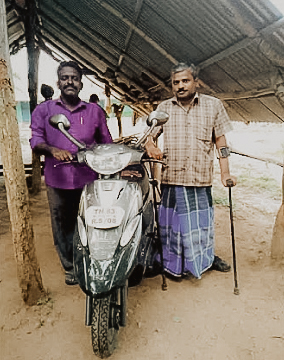
Recent Comments